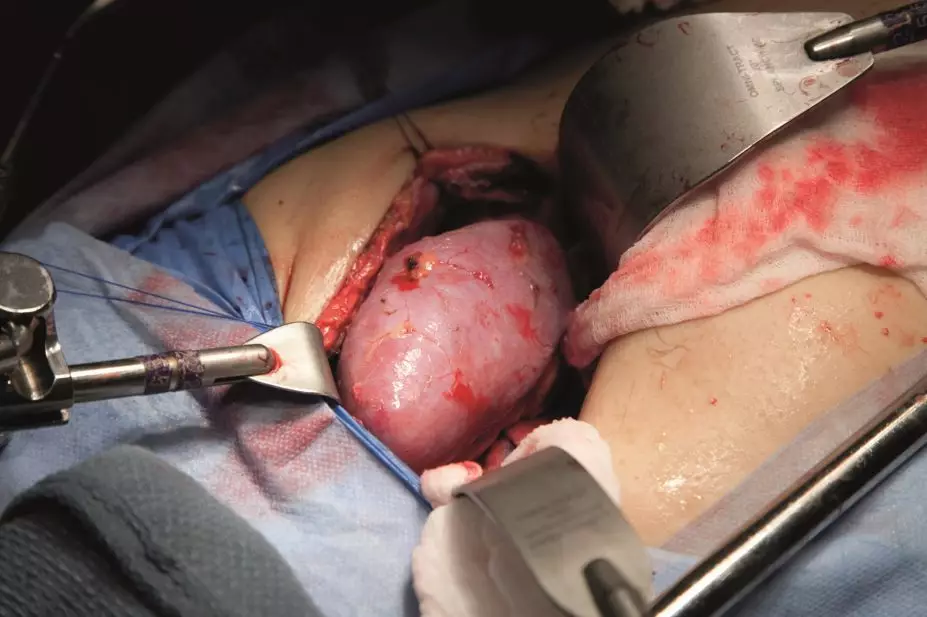
Dr Barry Slaven / Visuals Unlimited, Inc / Science Photo Library
Preventing rejection after kidney transplantation requires prolonged immunosuppressive therapy. Although this improves short-term outcomes it is not clear what the long-term impact is.
To understand more, researchers randomly assigned 660 kidney transplant patients to a more intensive or less intensive treatment with belatacept or a ciclosporine regimen and followed them for up to seven years. Patients treated with either belatacept regimen showed a 43% reduction in the risk of death or graft loss compared with ciclosporine treatment. The mean estimated glomerular filtration rate (eGFR) increased over the seven years in the patients treated with belatacept, and fell in the patients treated with ciclosporine.
Reporting in The New England Journal of Medicine
[1]
(online, 28 January 2016), the researchers note that the survival benefit emerged as early as five years after transplantation.
References
[1] Vincenti F, Rostaing L, Grinyo J et al. Belatacept and long-term outcomes in kidney transplantation. New England Journal of Medicine 2016;374(4):333–343. doi: 10.1056/NEJMoa1506027


